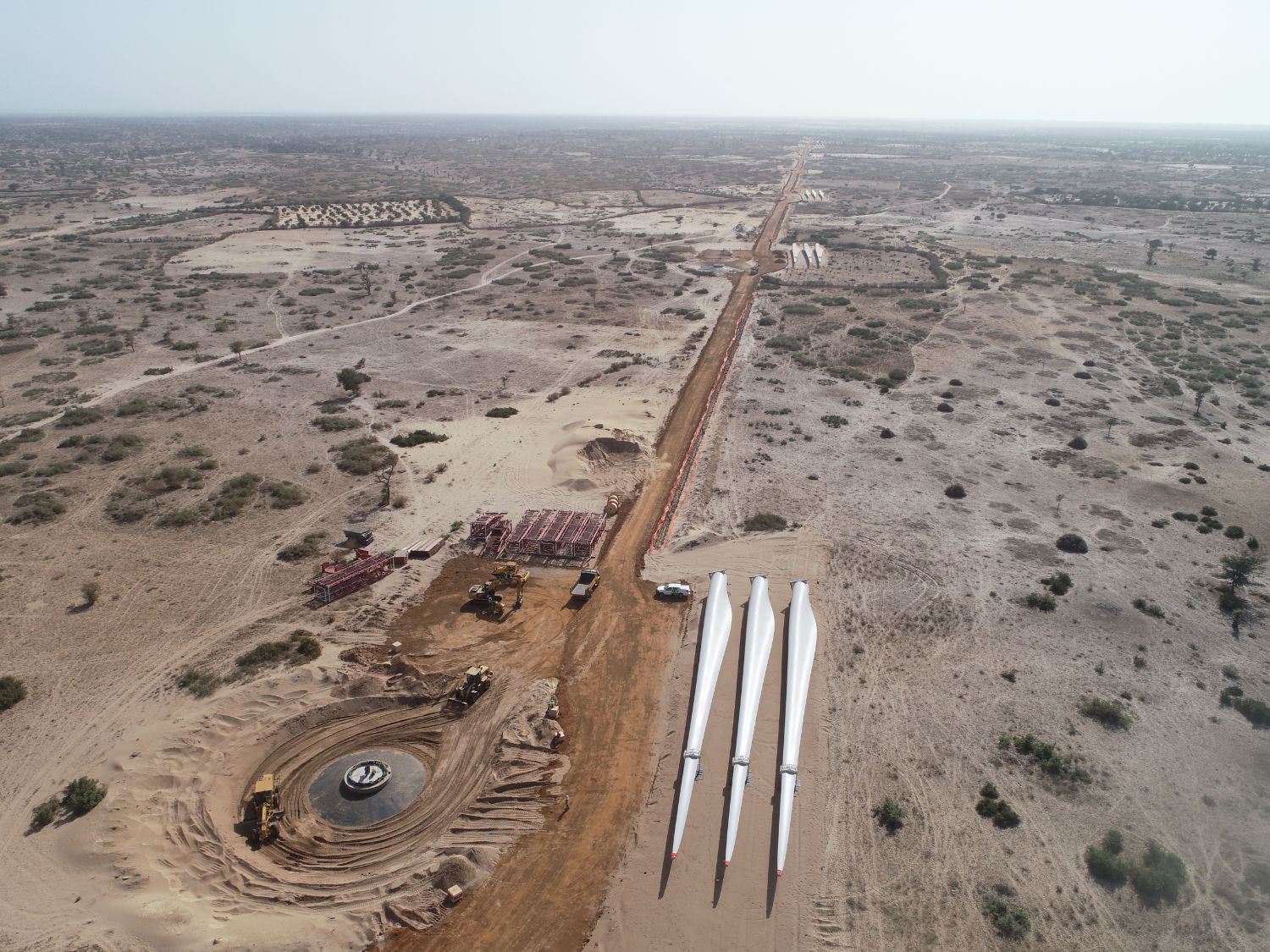Actis established Lekela in 2015 to deliver clean, reliable energy across Africa. Together with our joint investment partner Mainstream Renewable Power Africa Holdings, we built the business into Africa’s largest pure play renewable energy Independent Power Producer. The platform consists of more than 1 GW of fully operational wind assets, including five operational wind farms in South Africa, one in Egypt, another in Senegal, as well as development opportunities in Ghana, Senegal and Egypt.
In addition to establishing Lekela’s operational excellence, we were determined to ensure the business became a role model for what a sustainable business should look like on the continent. As soon as we created the business, we implemented a governance structure that put sustainability at the heart of the company by forming an Environmental, Social, and Governance (ESG) committee and hiring an experienced ESG Director. Lekela’s activities since then have cemented its reputation as a sustainability leader.
In Africa, both solar and wind are cost-competitive compared with traditional fossil fuel-based power plants, and are quicker to deploy given the absence of a fuel supply chain.
The business’ activities themselves contribute to increased sustainability in the communities Lekela operates in. By producing more than 1GW of clean power, it ensures access to affordable, reliable, sustainable and modern energy in each of its markets. But Lekela also takes other steps to promote sustainability, creating direct and indirect employment opportunities in each of its local communities. Indeed, to date, Lekela has invested a total of $2.3 million in education and skills development, and awarded more than 140 young people bursaries for further education.
Lekela also invests across a variety of entrepreneurship initiatives, running female apprenticeship programmes at its West Bakr wind project, as well as needlework and tailoring training programmes for women in the communities. Female economic participation produces proven societal benefits, yet in much of the world women are significantly underrepresented in the energy industry. To help mitigate this issue, in 2019 Lekela joined the IFC’s Energy2Equal programme, a coalition of renewable energy-focused companies operating in Africa. Each year Lekela’s annual performance targets include focused initiatives on female inclusion and economic empowerment.
Lekela has always been conscious of the environmental impacts that its operations have, and, with the help of its contracting partners and environmental experts, these factors have been fully integrated into its operations. For example, while wind may be a low-carbon energy source, operations and construction can potentially impact local and migratory animals. The company therefore implements protective measures to avoid any issues, paying particular attention to species identified on the International Union for Conservation of Nature’s Red List of Threatened Species. Through robust reporting and environmental management mechanisms, its strategy remains to ensure zero net loss to biodiversity.
Lekela is now one of the most respected businesses in its field, led by a strong management team with a proven track record of delivering on its investments. It has been rated in the top 1% of ESG-companies globally by leading ESG research, ratings and data firm Sustainalytics.
In July 2022, the joint venture partners announced that they had signed an agreement to sell Lekela to Infinity Group and AFC, subject to regulatory approvals and customary closing conditions. The sale testifies to the benefits of the hands-on approach we took as builders and operators of leading energy platforms of scale, delivering positive impacts. However our active ownership approach also allowed the team to deliver deep commitments to local African communities, and develop environmental protection initiatives. We were able to deliver financial performance for our investors, while at the same time building the company into a sustainability leader and supporting Africa’s transition to a cleaner energy mix.
